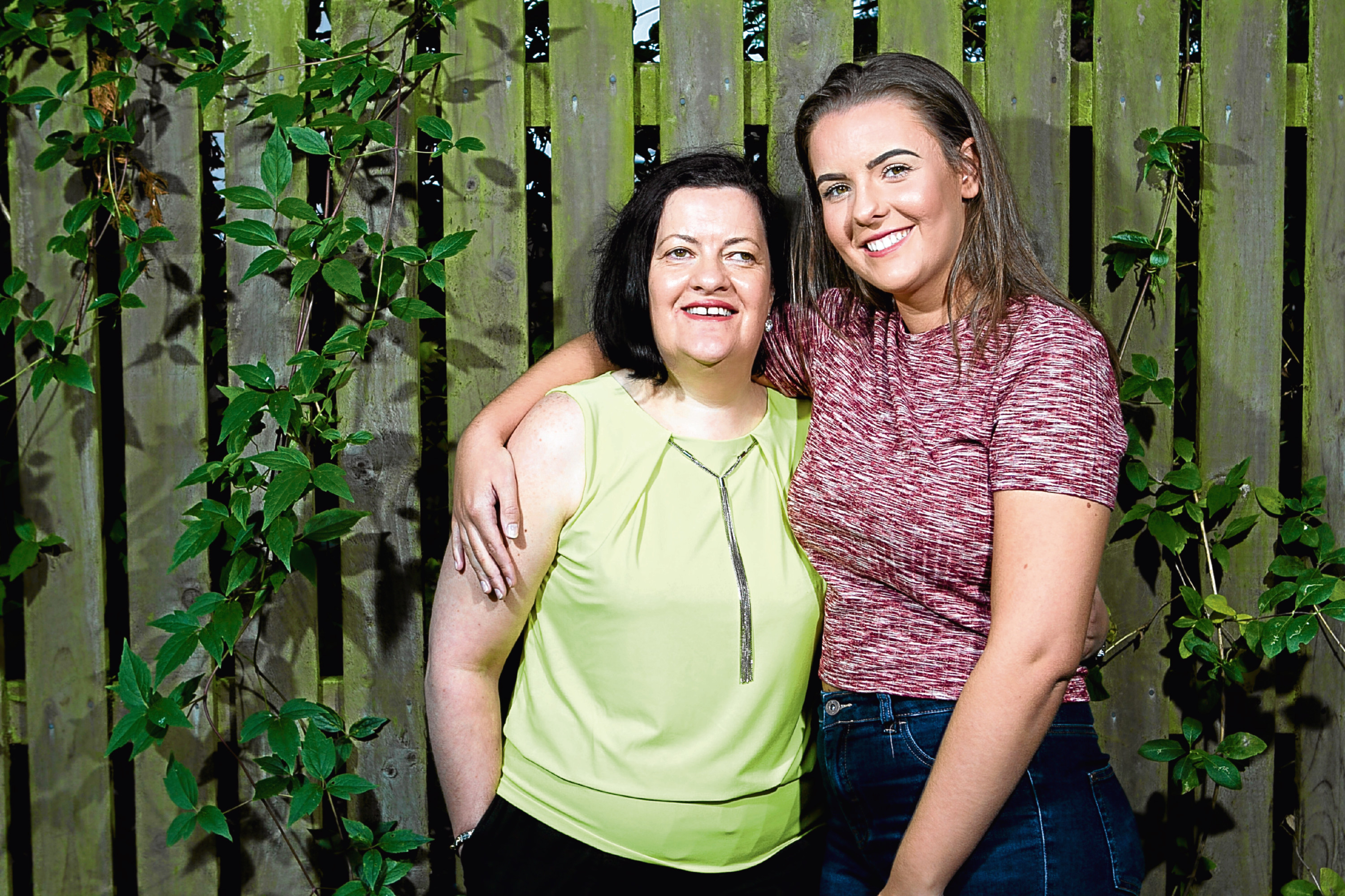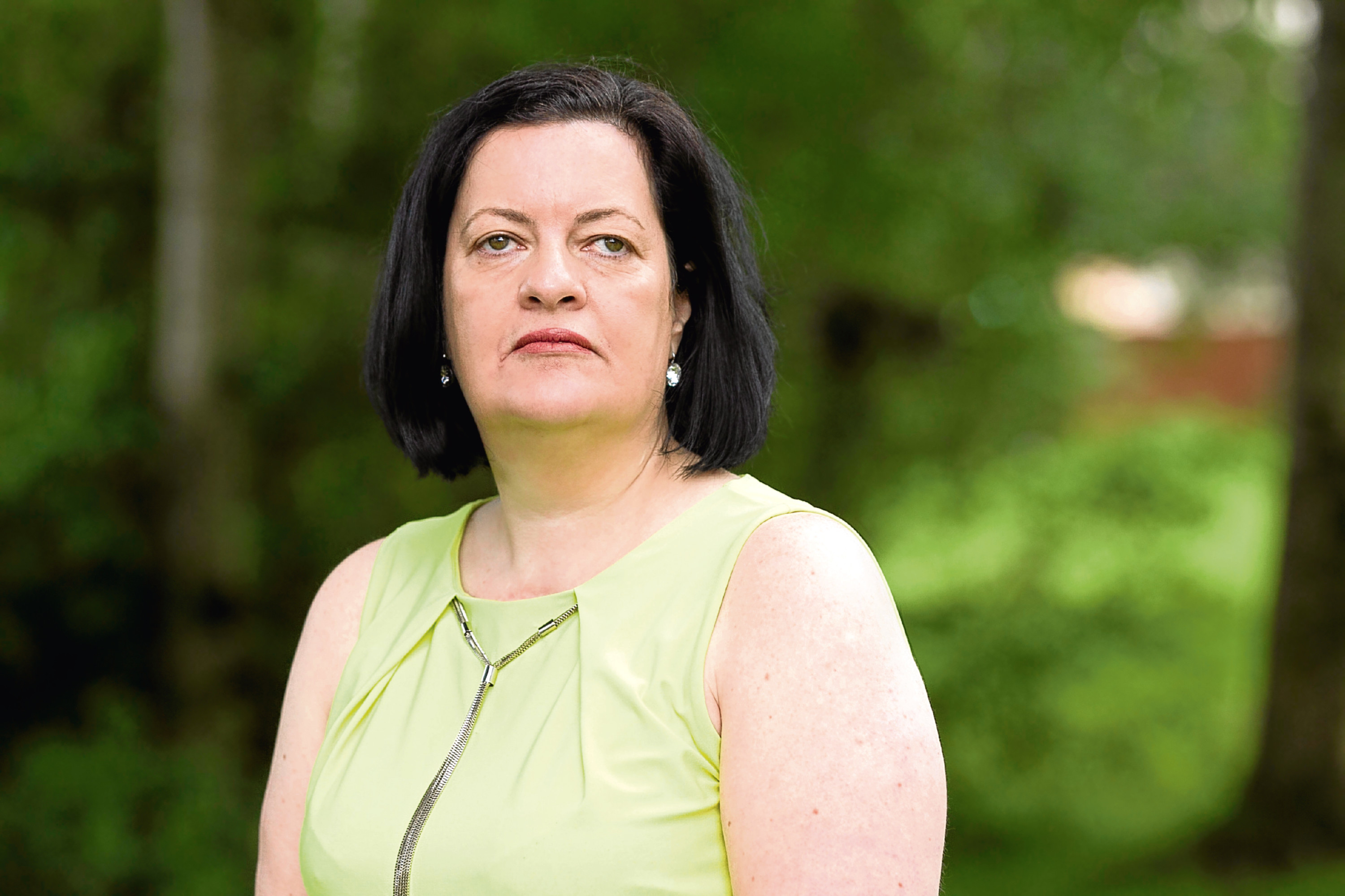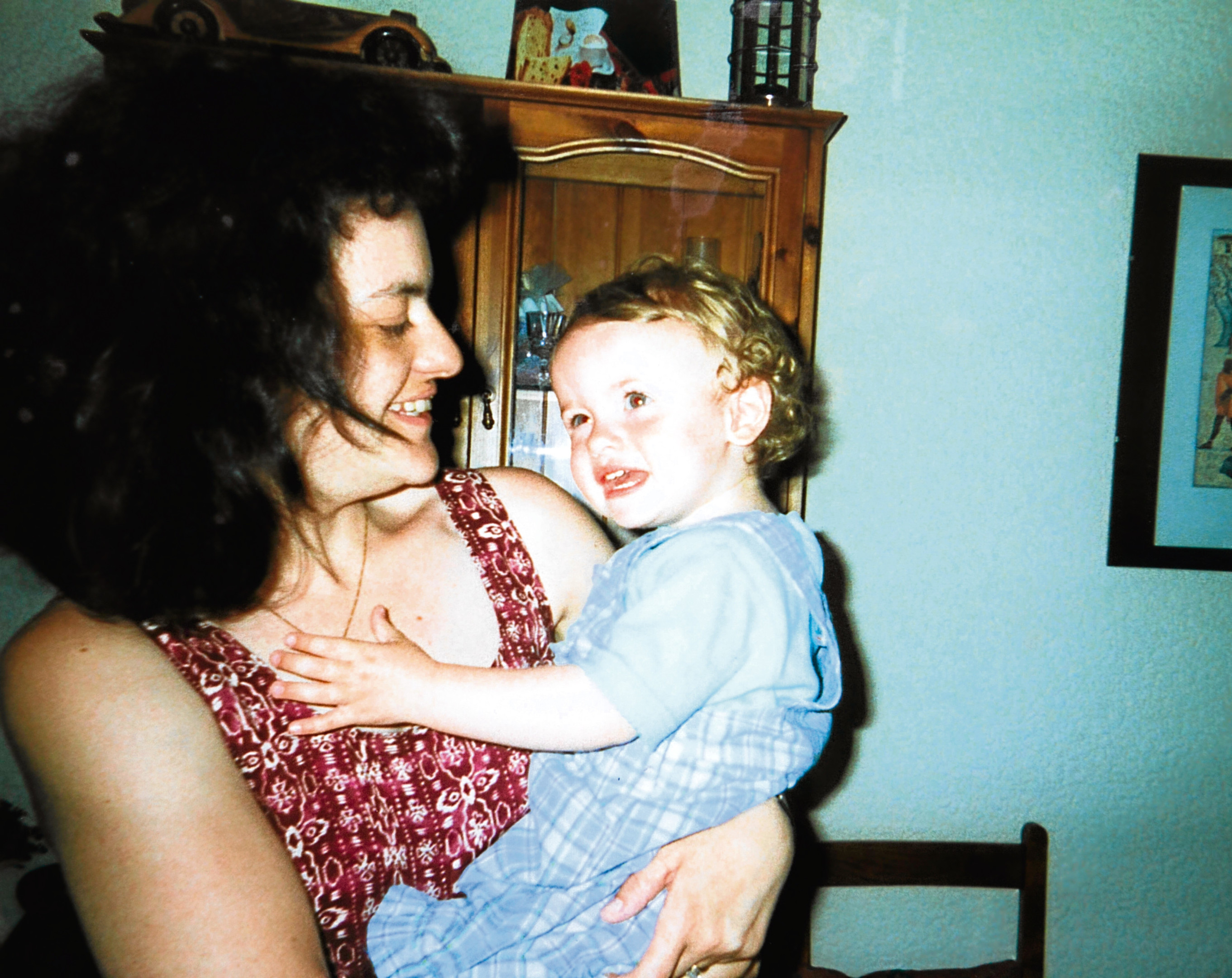
AN amazing mum is able to see and make sense of the world around her – despite being completely blind.
Melina Canning has been diagnosed with a very rare condition termed blindsight, which affects only a handful of people in the world.
Melina’s eyes work but the part of the brain that processes visual stimuli was irreparably damaged after she suffered a stroke 20 years ago, plunging her into a world of darkness.
But, gradually, she’s developed the sixth sense of blindsight, which scientists think happens as a result of the brain trying to repair itself.
It means Melina can sense the outline of simple shapes, such as the shape of her daughter’s ponytail, or falling rain, but without detail, like a constant silhouette puppet show.
The incredible development has also plunged Melina into the world of high level medical research.
Because so little is known about the condition, she plays host to a procession of eminent doctors and scientists keen to unlock the secrets of blindsight, and what it can tell them about how our brains really work.
The 47 year old told The Sunday Post: “At first people insisted I was just imagining it – so I’m so thankful for the diagnosis.”
Melina, married to husband Colin, suffered a stroke in her late 20s when daughter Stephanie was just two years old.
The attack was extremely severe, nearly killing her, and destroyed the part of her brain that governs sight. She spent weeks hooked up to a life support machine.
Then, a few months into her hospital stay, something very unusual began to happen.
Melina started to become aware of the world around her, and thought her sight was returning.
“During my four-month stay in hospital my mum Angela brought in a wedding anniversary present in a bright, green gift bag,” she said.
“I could see it on the bedside table and asked what was in the green bag.
“Everyone was stunned and I called out for the doctors.
“They insisted I was imagining it and had guessed the colour. They were adamant I couldn’t see. I couldn’t convince them and felt so angry I wasn’t being believed.
“I could also see the outline of people and movement but not their faces or expressions.
“Desperate to prove this, I asked my family to get my boss to come in to see me as soon as she could.
“I worked as a medical secretary for an eye specialist and knew she would help.
“She examined me and referred me to Professor Gordon Dutton, a leading specialist at Glasgow’s Gartnavel Hospital.
“He diagnosed blindsight which few unsighted people develop to develop another way of seeing.
“He then asked if I could travel to Canada to undergo research with world-leading scientists.”
Doctors have since established Melina is one of the few people in the world with blindsight.
Other cases have been recorded in Italy and the United States.
For Melina, it has enabled her to continue to make sense of the world around her.
Notably, it “clicked into gear” about eight months after her stroke, when she was bathing Stephanie.
She could make out the shape of the water splashing around.
“From that time I began to see things such as rain falling and coffee moving in a cup,” she added.
“But I have not seen my daughter smile since she was a baby and that is so upsetting at times. I just can’t see faces.
“I can see if she has her hair in a ponytail because it moves when she walks.
“Then I remember that I am lucky to be alive and here to be able to watch her grow up.”
Melina has been flown to world leading experts in Canada three times and Maastricht in Holland once, where experts use scanners to examine activity in her brain.
The vast majority of the tests she undergoes involve Melina being shown images of different shapes on a screen while scientists examine her brain’s response .
Next week, Canadian researchers will visit her home in Wishaw, Lanarkshire, to continue their research.
She will also appear in a scientific research paper due to be published shortly.
In the meantime she’s just thankful her blindsight is acknowledged by the wider scientific community, while she personally continues to be amazed by the way her brain is helping her to see.
“I am hugely grateful for the diagnosis because no one initially believed that I could see the world around me while being blind,” she said.
“I wonder how many others have blindsight but won’t be taken seriously?”

Enjoy the convenience of having The Sunday Post delivered as a digital ePaper straight to your smartphone, tablet or computer.
Subscribe for only £5.49 a month and enjoy all the benefits of the printed paper as a digital replica.
Subscribe
